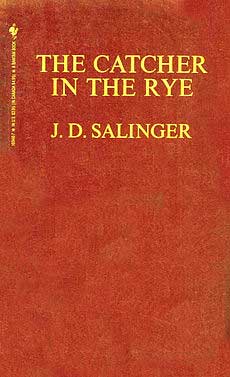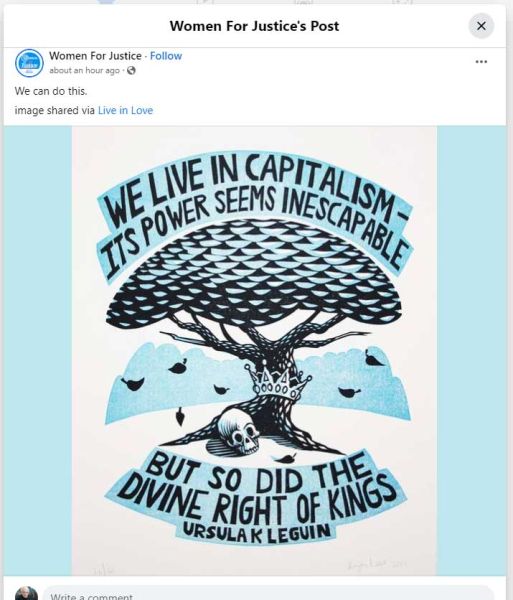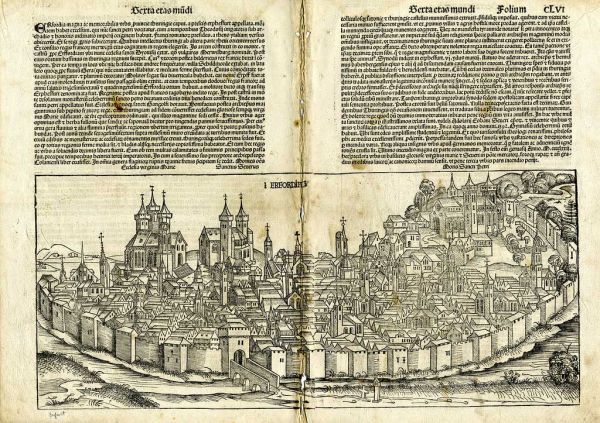So, what is this Booshwahzee?
So, What is this Booshwahzee?
Americans have heard this term "Bourgeois" all their lives. We look at it as a derogatory description of the smug, complacent middle-class, invented by Karl Marx. Anyone who has ever flirted with Marx's nutty national concepts of government-ownership of the means of production knows the term and has parroted Marx's contempt for the bourgeois-class and its wealth-oriented value-system.
My own parents weren't intelligentia. My father owned his own business, and my mother concerned herself with us children. I think I came across the term "bourgeois" in prep school, from finding it in The Catcher in the Rye, by J. D. Salinger. The main character (and narrator) Holden Caulfield reminisces about his own prep-school roommate Dick Slagle, who uses "bourgeois" often to judge his fellow students' personal tastes and material belongings, such as Holden's expensive Mark Cross suitcases. He complains that, in Dick Slagle's view, "Everything I had was 'bourgeois' as hell," and that "Even my fountain pen was bourgeois. . . . He borrowed it off me all the time, but it was bourgeois anyway."
The on-line encyclopedia Wikipedia has published a long article on this subject and says that originally "bourgeois" only referred to small business-people in Europe, such as hair-stylists, vehicle-repairmen, clothiers, vintners, and so on. Gradually, the term included the entire middle-class. After that, its meaning grew to include the aristocracy, and finally the entire ruling-class or any wealthy person, who controlled everyone else by owning the means of production. Once again, Marxist negative thinking colors our view of wealth.
Wikipedia says the term grew out of the history of people during the Dark Ages and extending into the Middle Ages. Monarchs and leading church-figures realized that a society could not improve the circumstances of common people until it gave them a safe, secure place to live. So they started building walls around cities and manning them with guards to protect the citizenry. Common people who had been terrorized by thieves and murderers flocked to walled cities. Anyone familiar with the few remaining examples of walled cities in Europe cannot miss the jam-packed appearance of the living spaces. Cities with one wall had to build a second wall to include extra space for the many people who wanted to live within them. Find below a contemporary representation of a city wall in my favorite city in Germany, Erfurt.
Now, here is the cool thing: In German, a walled city is a "eine Burg". Hamburg, Regensburg, you get the picture. The citizens were called "das Bürgertum". German citizens are called "Bürger und Bürgerinnen" to this day. In France, citizens of walled cities--un Bourg--were called Bourgeois, like the citizens of Strasbourg, called Strasbourgeoise in French.
Marxist leaders destroyed the Bourgeoisie in whatever nation and city they had the misfortune to occupy. The insane nihilism of Marxist policies created destruction that remains to this day, many years after the fall of the Berlin Wall. Western nations have spent billions trying to rebuild after the Marxists left. Responsible leaders create a place where common people can work, make money, and raise families. The safety they feel gives them their greatest level of confidence and productivity.




